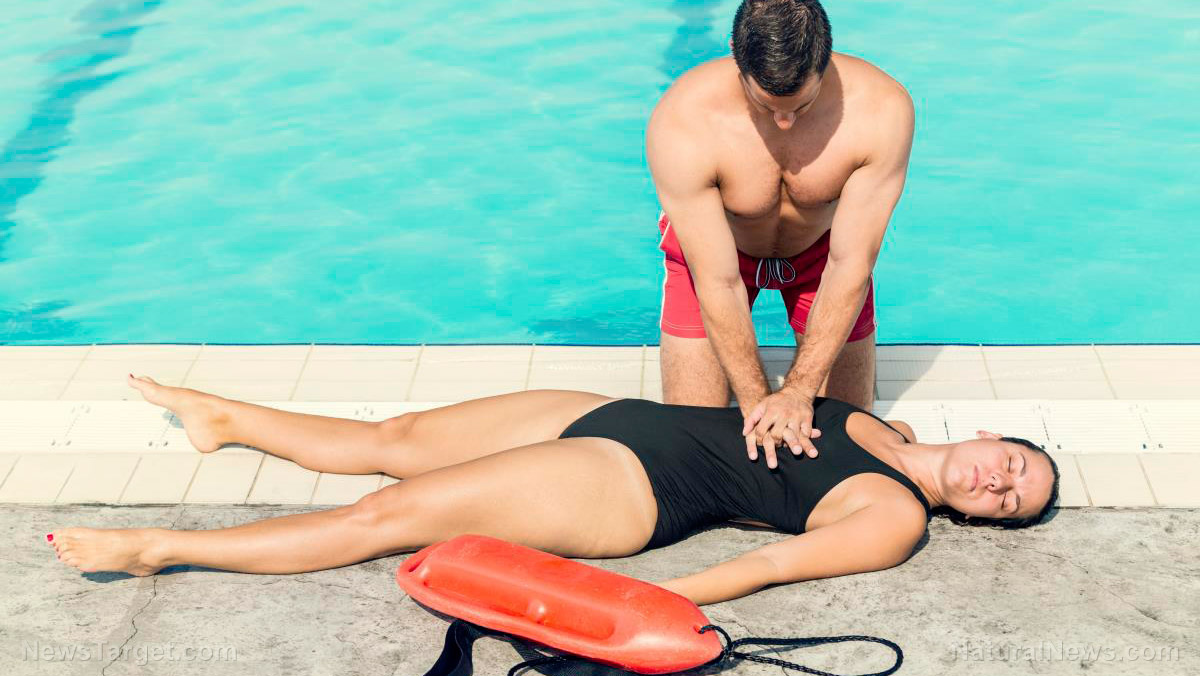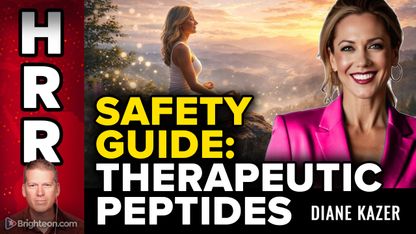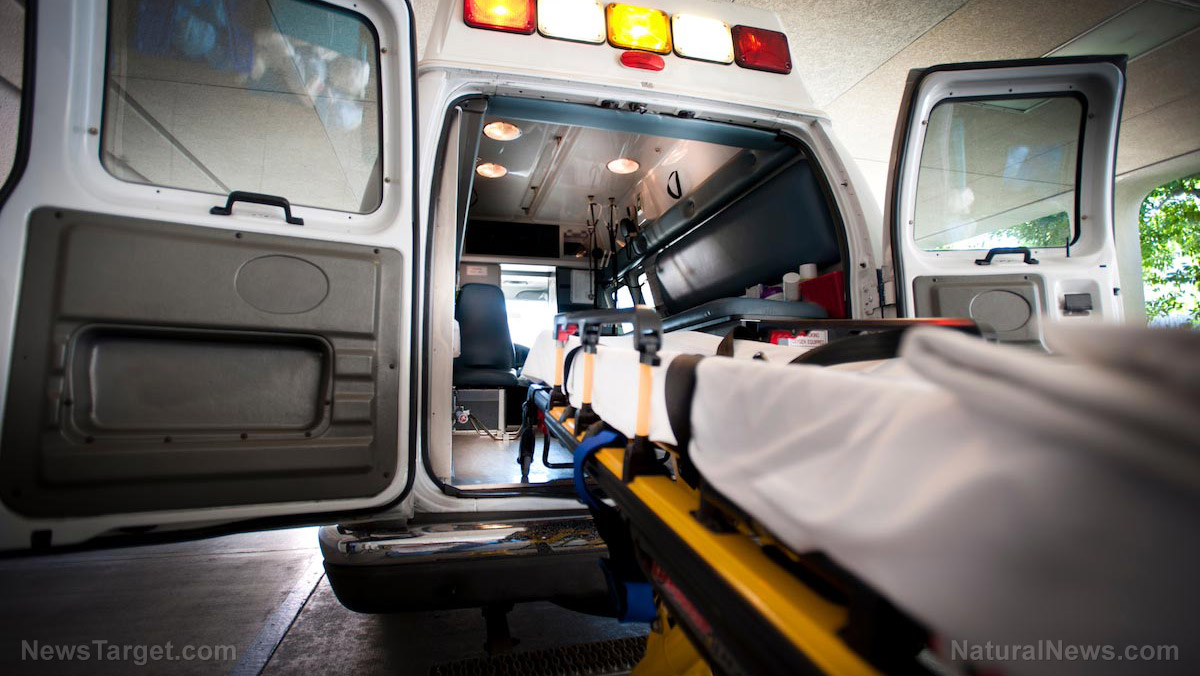
Listed below are common dangers that people are exposed to when SHTF and tips on how to survive these threats.
Infections and deadly diseases
People who live in modern times take medicine for granted. But when disaster strikes, something as common as prescription drugs can be incredibly scarce. If you don't know anything about first aid and survival medicine, you may be the first to fall during the outbreak of an infectious disease.
To protect your loved ones from infections and various diseases when SHTF, keep your home clean. Start stockpiling medicines and first aid supplies.
You should also cultivate a survival garden filled with various crops and useful medicinal plants like chamomile, cilantro, lemon balm, lavender, rosemary, sage, spearmint, and thyme. Read up on the health benefits of these herbs and learn how to make remedies using these natural ingredients.
Dehydration
When SHTF, you can die from dehydration. To prevent this, ensure that you stock up on clean drinking water. Store water properly, and learn how to purify water to prevent dehydration.
Starvation
Before SHTF, stock up on food, water, and emergency supplies to keep your family from starving to death.
But you shouldn't rely on your food stockpile alone. Cultivate various fruits and vegetables in your backyard so you have access to fresh and nutritious produce even after the stores run out of food.
Hypothermia
During a major disaster, your neighborhood may lose power. Without electricity, other people will be unable to heat their homes. During winter, lack of heat can result in hypothermia and death.
Stock up on warm clothing and extra blankets and prepare backup energy and heating sources to ensure that your family can stay warm during a power outage.
Hyperthermia
Hyperthermia occurs when your body temperature gets too high. During the summer, hyperthermia can be deadly, especially among older people and those with delicate health conditions.
Store enough water to prevent dehydration and hyperthermia when SHTF.
Carbon monoxide poisoning
Don't use your generator indoors if you don't have a proper ventilation system because harmful carbon monoxide from the generator’s exhaust may fill your home. Carbon monoxide is invisible and odorless, and it is a threat that you need to keep an eye out for. Install carbon monoxide detectors in your home if you wish to use your generator indoors.
Keep your generator at a safe distance so the exhaust doesn't enter your house. Learn how to use generators properly to prevent carbon monoxide poisoning.
If you're bugging out in your car, don't leave the engine running if you want to rest. Sleeping in a parked, running car can also cause carbon monoxide poisoning.
Electrocution
After a major disaster, electrocution becomes a bigger risk. Stay away from downed power lines, especially if the ground is wet. Don't attempt DIY electrical repairs if you don't know what you're doing to avoid electrocuting yourself.
Murder
Desperate people will resort to despicable acts, especially in a post-SHTF world. Even people you've known for a long time may become desperate if they want to avoid starving to death.
Avoid leaving your home after a major disaster and arm yourself if you need to go outside. Take note of your surroundings and learn how to use a self-defense weapon.
Drowning
Natural disasters like floods and storms can bring an enormous amount of water down on your neighborhood. If the water reaches critical levels, you and your loved ones are at risk of drowning. (Related: Are you prepared for a natural disaster? 3 Emergency first aid skills you need to know.)
Get to high ground or the roof of your home as you wait for the waters to recede. Even if you're a strong swimmer, don't risk swimming through floodwaters.
Accidental injury
There is a great risk of getting injured during and after a disaster. The foundation of various structures can weaken, and you must evacuate immediately to avoid getting crushed by falling debris. When attempting a rescue after SHTF, be on your guard to reduce your risk of getting injured.
After a natural disaster, people will panic and you may encounter dangers on the road as well. Drive carefully, or avoid traveling on major roads if you can.
Brush up on your survival skills, learn first aid, and always keep a first aid kit in your survival stockpile so you can address minor and major medical injuries when disaster strikes.
Sources include:
Please contact us for more information.























